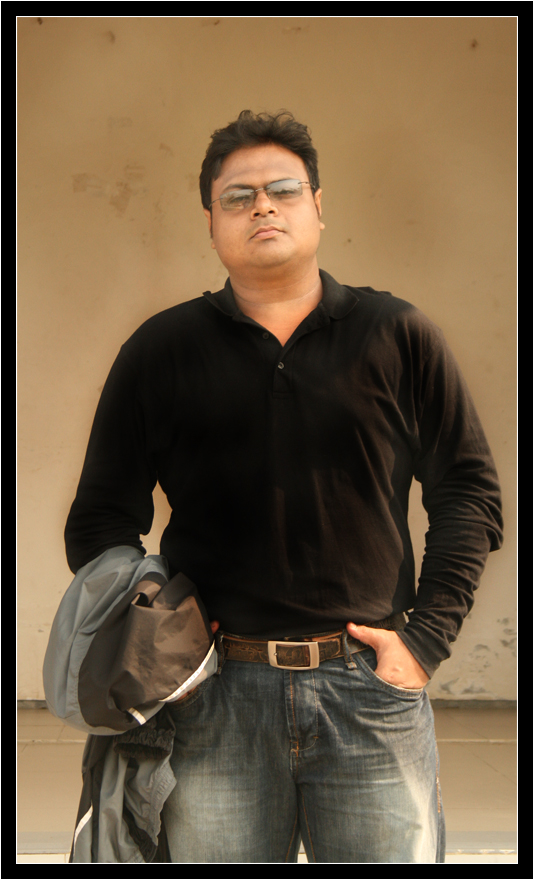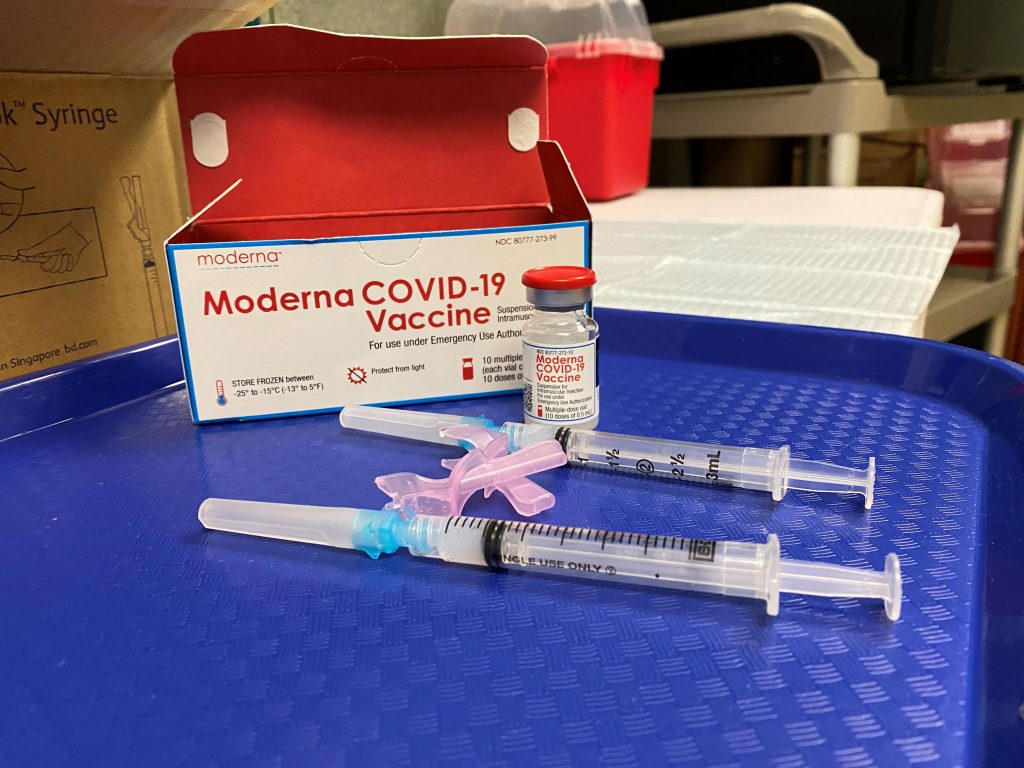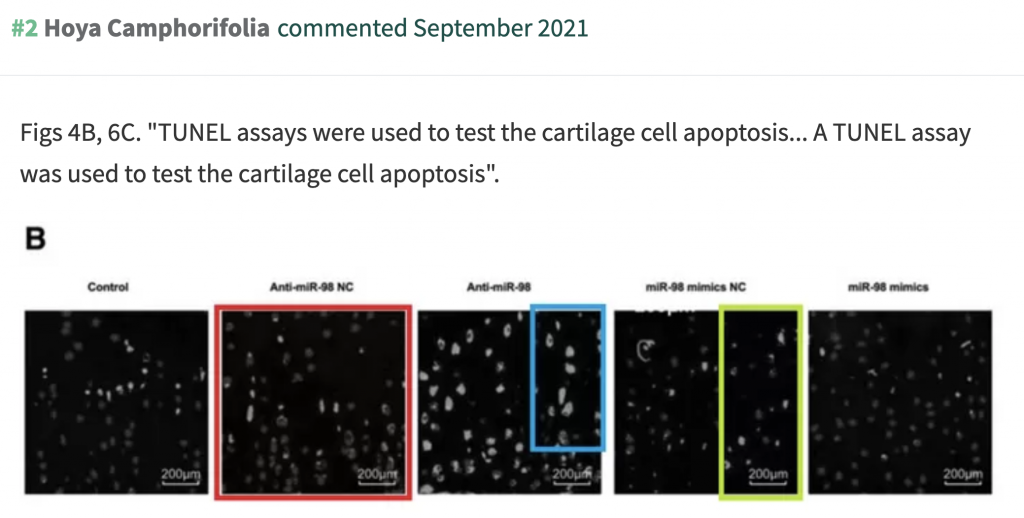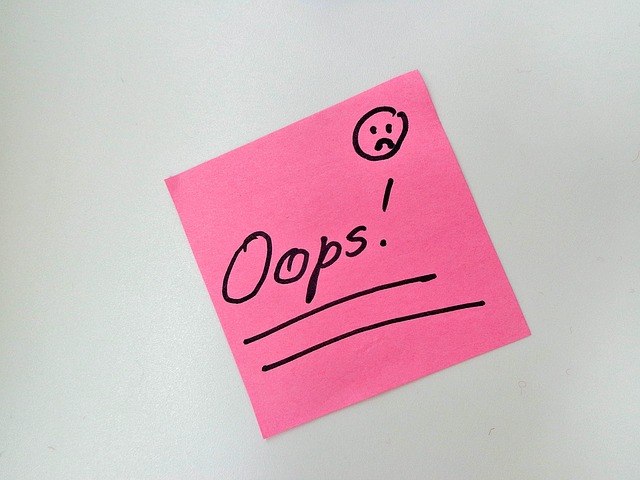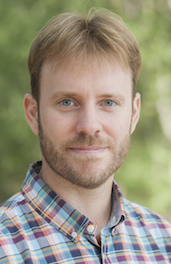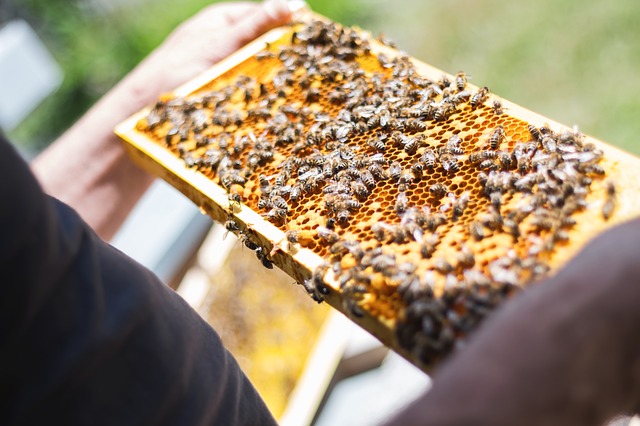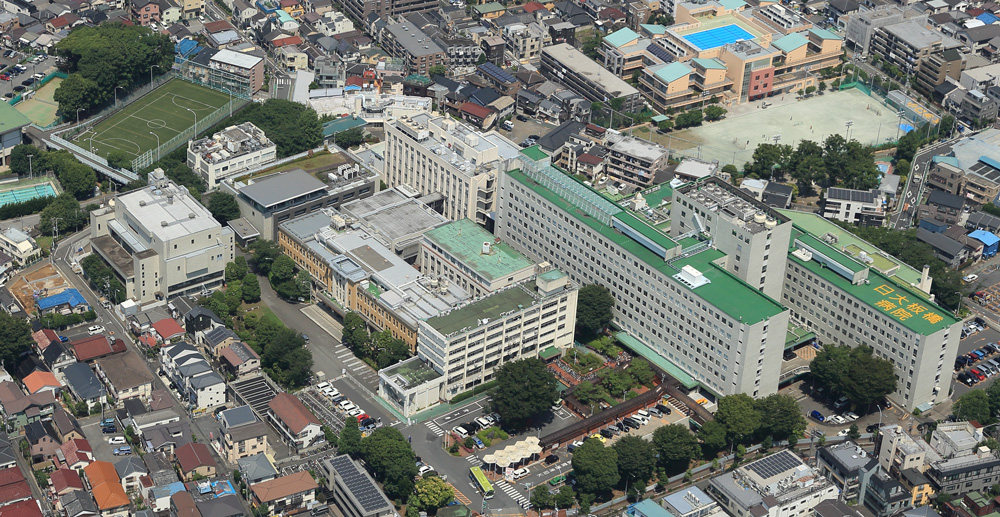In June of this year, Enamul Haque, a PhD student at the University of Waterloo, in Canada, came across an article in the International Journal of Advanced Computer Science and Applications (IJACSA).
It looked familiar.
That’s because it was copied, in large part, from Haque’s master’s thesis, which he had completed at Canada’s McMaster University and submitted the previous year. Haque wrote to Kohei Arai, the journal’s editor in chief, on June 30, providing detailed evidence of plagiarism:
Continue reading Plagiarism of a thesis earns authors a retraction — and a two-year-publishing ban